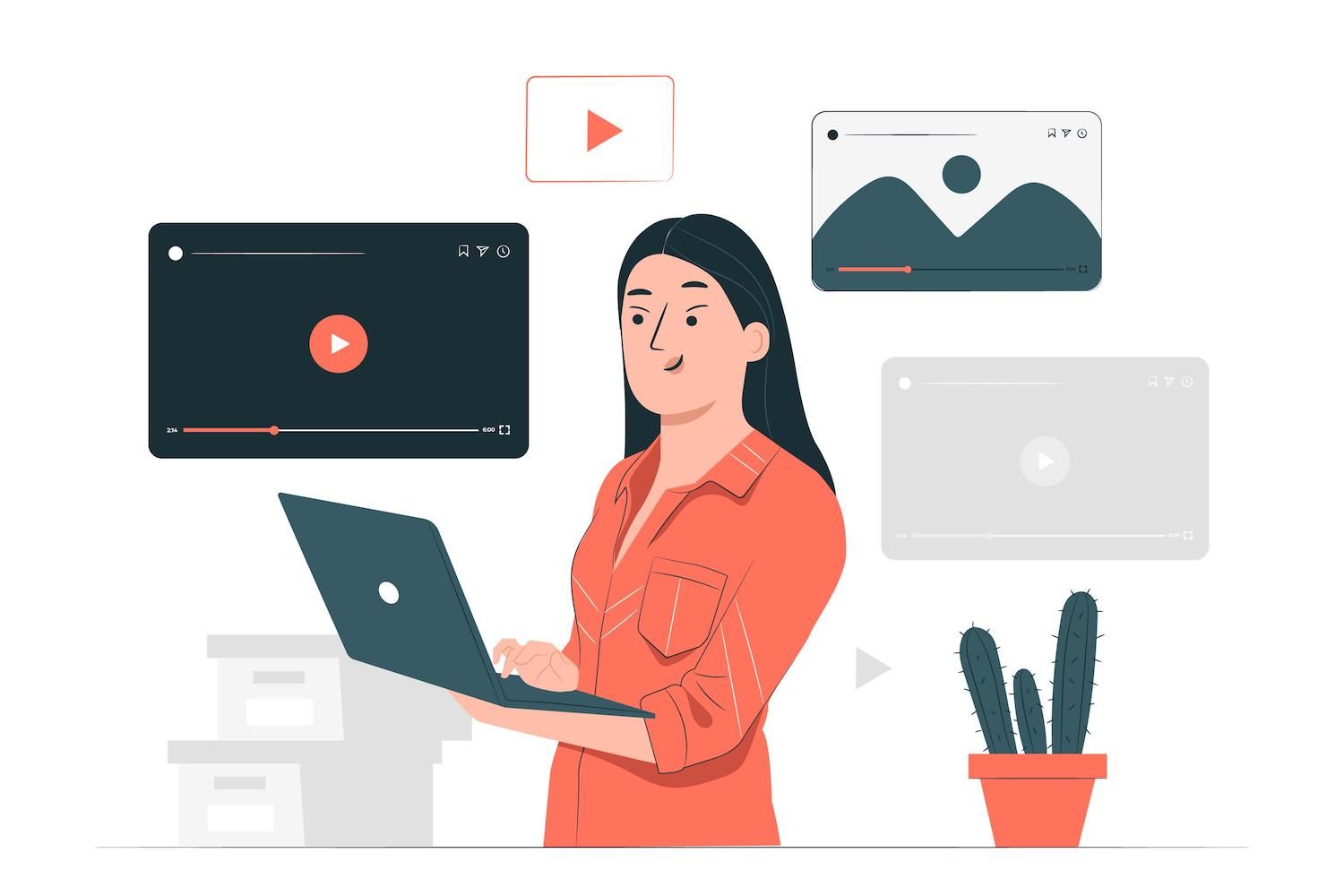SaaS Payment Processing: 10 Questions to Ask While evaluating solutions
What makes a company choose one SaaS payment processor instead of the other?
When I've had conversations with developers of software and tech founders throughout the years, I've heard how complicated this tech stack choice is to take.
But we wanted to get direct feedback from tech founders and software developers about what you need to consider when choosing an SaaS payment processing service.
What is the issue? Conversion optimization options? Integrations? API documentation? API documentation?
We asked a panel of SaaS developers and founders about what they look for when they are looking for an array of responses which included:
- Controlling subscriptions
- Payment options
- Preventing and detecting fraud
- PCI Compliance
- Converting currencies
- Localization
- Sales tax and VAT
Here are ten topics that came up repeatedly and over again during our discussions:
Assessment Checklist: 10 Questions to be asked by SaaS Payment Processing
1. Are you sure? PCI Compliant?
Based on the 2020 Verizon Payment Security Report the report shows that less than 28% of the companies surveyed were fully compliant with The Payment Card Industry Data Security Standards (PCI DSS) -- a percentage that continues to drop every year.
Do you know if the credit card processing company has been certified as PCI compliant? Lee Grant, CEO of Wrangu is a good source to inquire about their encryption methods.
"Tokenization is one of these standards that completely removes the card information, providing the security of an additional layer. Additionally, secure gateways reduce risks and, as a result, can lower processing costs."
2. What can the service provider do to protect against fraud in the payment industry?
"What security measures do they have in place in order to protect itself from scams, phishing or other hacking attacks, which can scare customers off?" David Levi, creator of Cryptoner recommends asking. He also recommends asking a company what kinds of resources it has in place to address issues with transactions. You might want to inquire about what the average response time is for a cyber-security threat.
"These are just a handful of the questions you need to consider when evaluating a payment service solution as those are ones your clients will have to ask," Levi says.
3. Accepts a broad range of payment methods?
Be sure to keep in mind things such as coupons and promotions, custom invoices, refunds and other forms of payment -all the items you'll require for successful customer relations as well as for maximizing conversion rates.
When evaluating billing systems be sure to look at the entire list of payment options that they accept, which includes the currencies they accept.
"It's imperative that you are able to access a a wide range of payment choices that enable you to conduct international financial transactions and also accept payment in multiple currencies as well," advises Eden Cheng co-founder PeopleFinderFree. PeopleFinderFree.
4. Do you know the cost?
You must be aware of what you're going to pay to use the SaaS payment processing solution. Payment processing is a complex process. There are unique fees associated to different kinds of transactions. For example, it's much more costly to handle a credit card than run the ACH transaction. It's also important to keep an eye out for any additional fees like gateway or the gateway or merchant account setup charges.
"Many processors have a fixed fee per transaction along with an amount of the transaction itself," Rahul Mohanachandran, co-founder of Kasera explains. "Also, make sure you check for these fees for larger volumes as they will reduce the cost for each transaction."
5. Can it be made highly adaptable?
In addition to the payment options and billing localization, ensure that the service is configured to handle all of your existing offerings. Are they able to offer recurring bill and one-time payment? Do you have usage-based or other advanced membership plans?
"When there are multiple payment systems, you'll need an expert in payment solutions that covers all of them," says Alina Clark Co-founder and Marketing Director of CocoDoc. "Being capable of customizing the payment system to fit your company's process is crucial for business efficiency."
6. Does it offer dunning management?
"It's annoying to do this," Dussud admits, therefore, find a firm that will do it for you.
7. Is it user-friendly for both the employees as well as the customers?
The founders of the technical team often talked regarding user-friendliness and ease of use, talking about both front-end as well as back-end components.
"Your employees should be able to use the system to search for problematic transactions, chargebacks, refunds, etc. In terms of customers, it's crucial that the system be simple to use to prevent abandoning carts or abrupt exits from the sales funnel" says Lawmatics President and Founder Matt Spiegel.
It's hard to determine how user-friendly a system will be until you're able to try out all the functions and incorporate the software with your data and existing technological stack. To this end, look for solutions that offer trial periods that are free.
8. How robust can you say about the API?
"Given the level of developer time required in establishing the payment method, choosing an online service that has an extremely robust and well-documented API is crucial," explains the co-founder of Fox-Listed the online marketplace for car components in Australia.
9. Will it easily integrate to your website?
In addition to having a strong API, the payment system must be able to seamlessly integrate to your site. Eric McGee Senior Network Engineer, TRGDatacenters. The company reiterates the importance of this:
"You should select a payment gateway system that is easily integrated to your website's commerce features. If not, the process gets slower, which can affect the quality of your website's user experience. Choose a payment platform that's the integration procedures are clear, simple, and straightforward, and whose customer service can be reached quickly for assistance when it comes to the payment process."
10. Will it scale with you?
"Measure your business's capacity for growth against that of the payment processor that you are evaluating," advises Austin Dowse, CEO of Aimvein.
As Dowse states, "It is important that your payment processor can adapt and grow at the same pace as your business."
Provides SaaS Payment Processing forPlus Many More
We're here when you need a solution that includes:
- Global processing of payments, with check-out localization as well as international tax management.
- Flexible management of subscriptions, such as free trials, monthly, annual paid plans Proration, discounts management and much more.
- SaaS B2B sales management , such as electronic invoicing, interactive quotes, and CRM integration.

